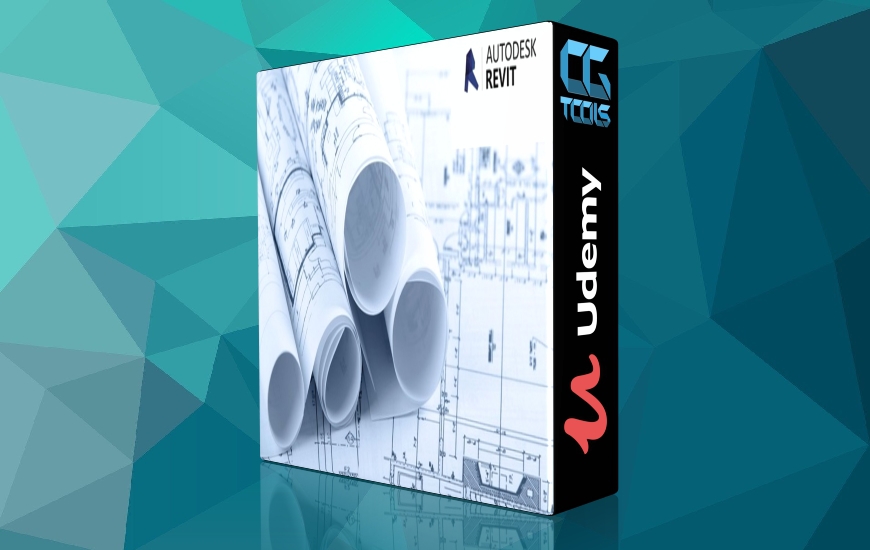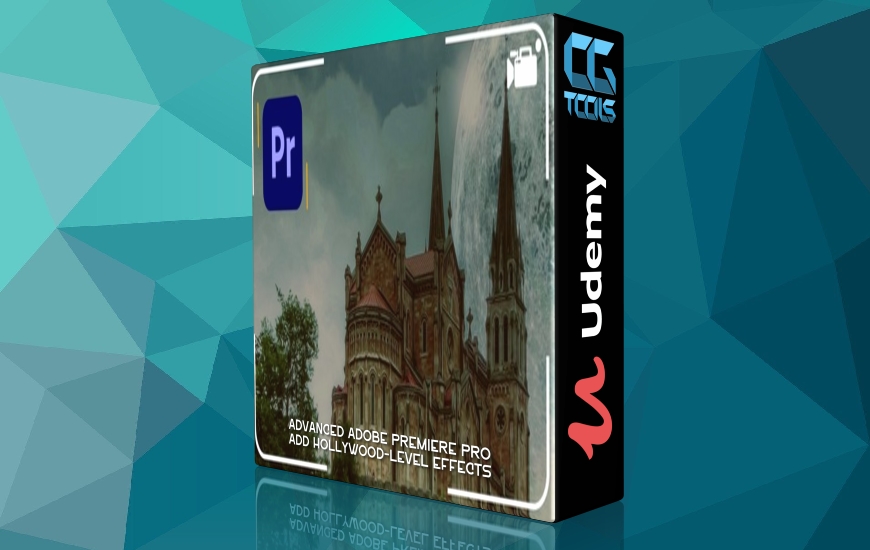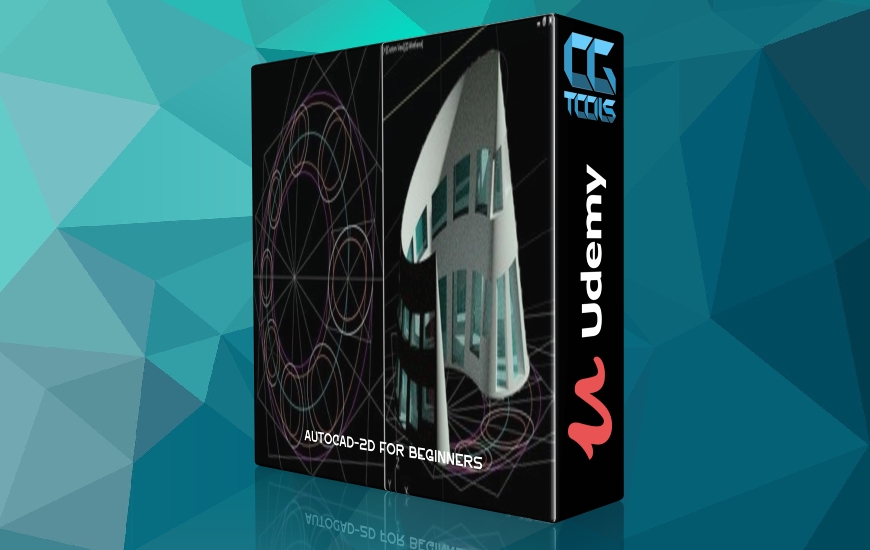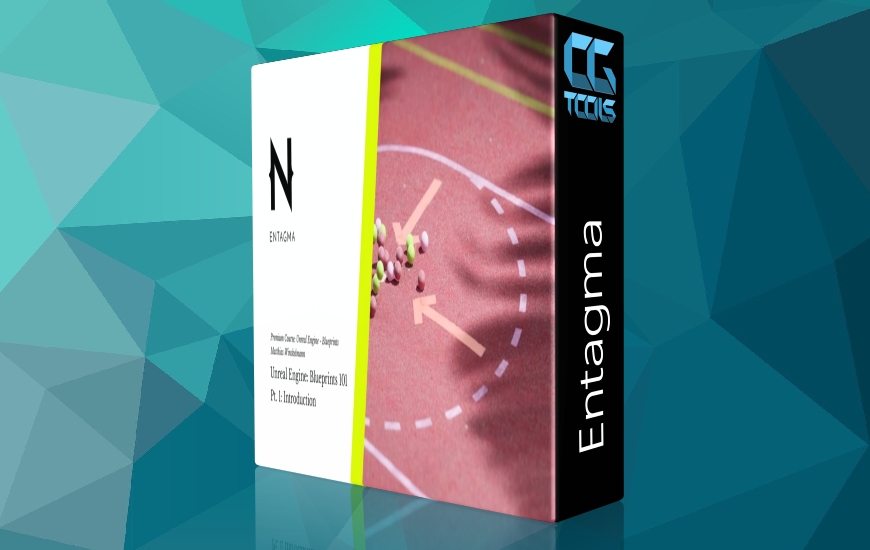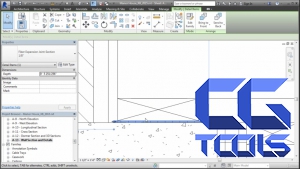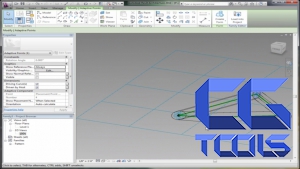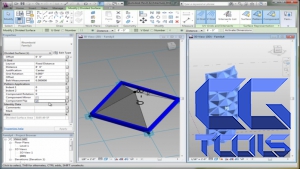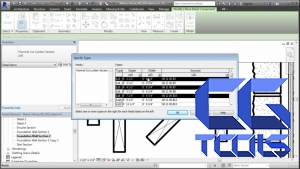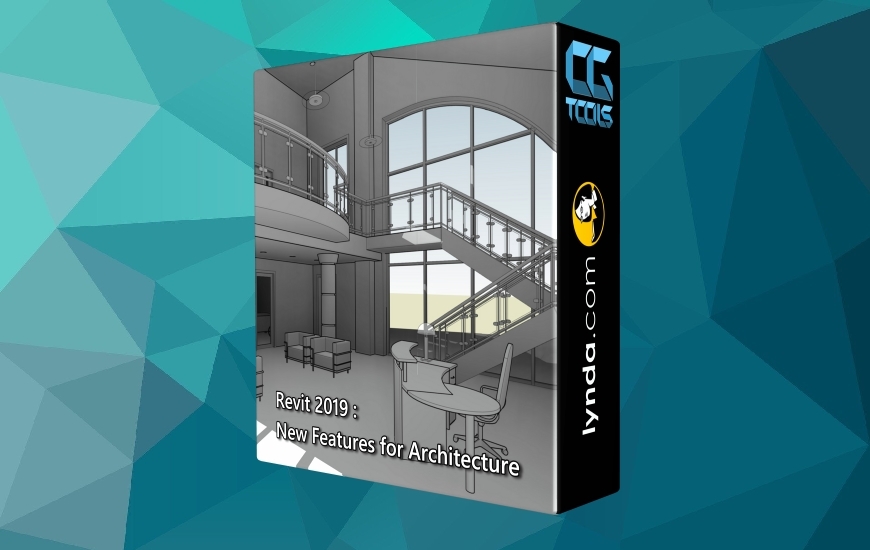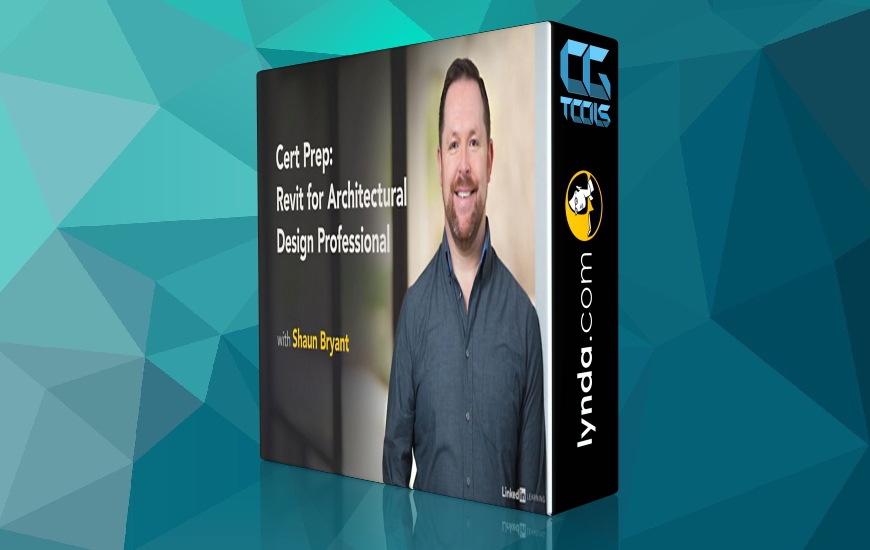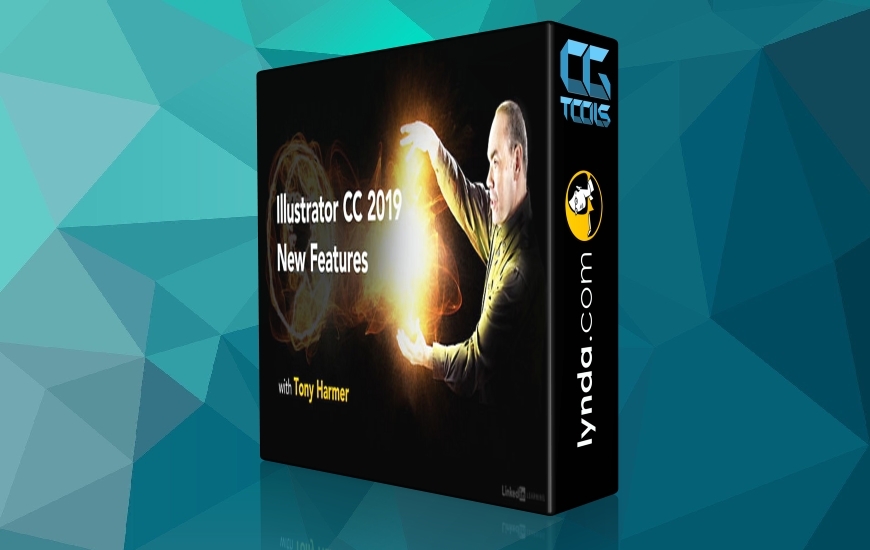Revit Architecture III Complete Advanced Features Course
This course is also designed for those people interested in advancing their employment opportunities.The Complete Advanced Features Course covers complex topics such as the creation of custom content with the family editor, conceptual massing tools, curtain walls and custom curtain wall panels, phasing tools, work sets, file linking strategies, formulaic design tools and adaptive components.
This course is also designed for those people interested in advancing their employment opportunities.
Assignment 1 – The first assignment covers all material in the first 4 lessons
Assignment 2 – The second assignment covers all material from lesson 5 to lesson 8
Assignment 3 – The third assignment covers all from lesson 9 to lesson 10
Revit Architecture III Complete Advanced Features Course is structured the following way:
Lesson 1: Conceptual Design Environment: Dimensioning forms in the Conceptual Design Environment and developing Dynamic, complex masses with Formulas and Parameters.
Lesson 2: Pattern Component families: Creating and working with Pattern Component families.
Lesson 3: Adaptive Components: Creating and working with Adaptive Components, reference points and stitched border panels.
Lesson 4: Curtain Walls I: Creating typical Curtain Walls and working with curtain grids and layouts.
Lesson 5: Curtain Walls II: Creating and working with Curtain Wall panels, Curtain Wall mullions, corner mullions, and mullion join conditions.
Lesson 6: Curtain Walls III: Creating and working with Custom Curtain Wall mullions, custom Curtain Wall panels, and developing Custom curtain wall assemblies with nested curtain walls and custom parametric panels.
Lesson 7: Schedule Views: Creating and working with Schedule Views and Schedule View properties.
Lesson 8: Legend Views, Tags, and Keynotes: Creating and working with Legend Views, Tags, and Keynotes.
Lesson 9: Introduction to Detailing Components: Working with insulation, detail lines and custom components.
Lesson 10: Advanced Detailing Tools: Working with hidden lines, draw order, and cut profiles.
Lesson 11: Phasing and Phase Filters: Working with Project phasing tools.
Lesson 12: Design Options: Using Design Options to explore multiple design solutions for a single project.
Upon successful completion of this Revit course, the students will have reliably demonstrated the ability to:
Create Detail Component Families in the Family Editor
Create Dynamic Formula-driven building models.
Create Custom Curtain Walls
Create 2D Details with custom detail components
Create Schedules, Key Notes, and Legends
Apply Phasing and Design Options to a Building Project
What Is BIM?
Unlike CAD Software, which uses software tools to generate digital 2D and/or 3D drawings, BIM facilitates a new way of working: creating designs with intelligent objects. Regardless of how many times the design changes—or who changes it—the data remains consistent, coordinated, and more accurate across all stakeholders. Cross-functional project teams in the building and infrastructure industries use these model-based designs as the basis for new, more efficient collaborative workflows that give all stakeholders a clearer vision of the project and increase their ability to make more informed decisions faster.
